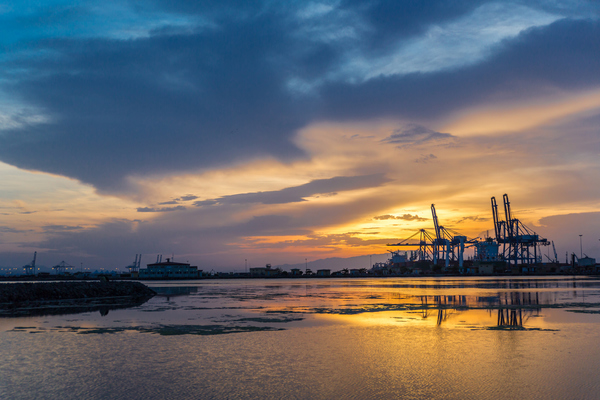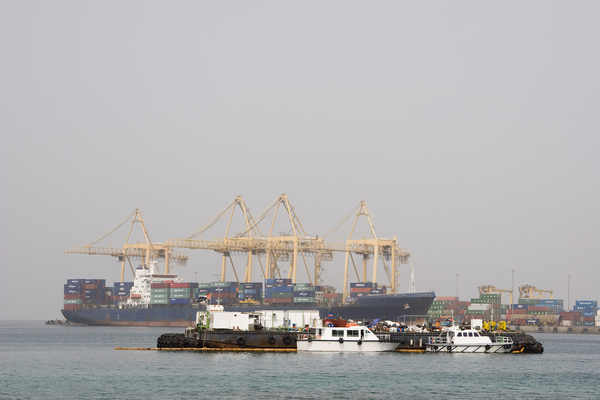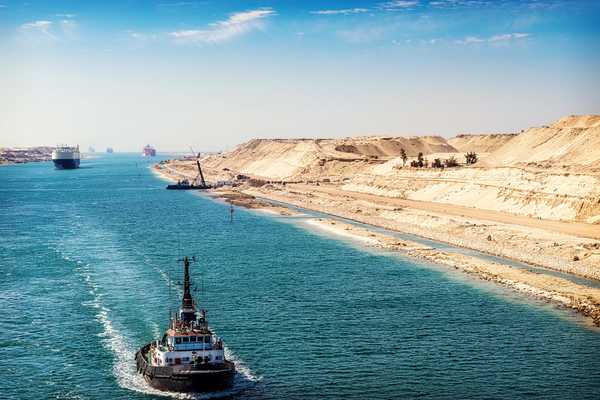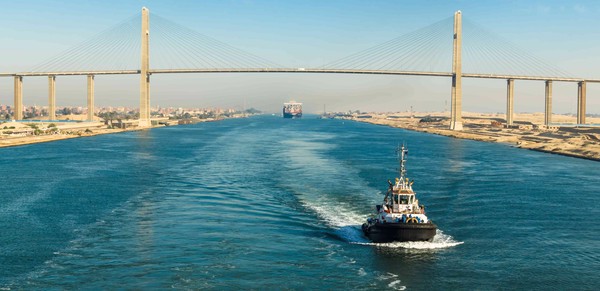Yemeni water permit regulation could further disrupt Suez Canal traffic
The daily transit rate of cargo ships through the Suez Canal is currently below the lowest level of 30 vessels/day recorded over the past year.
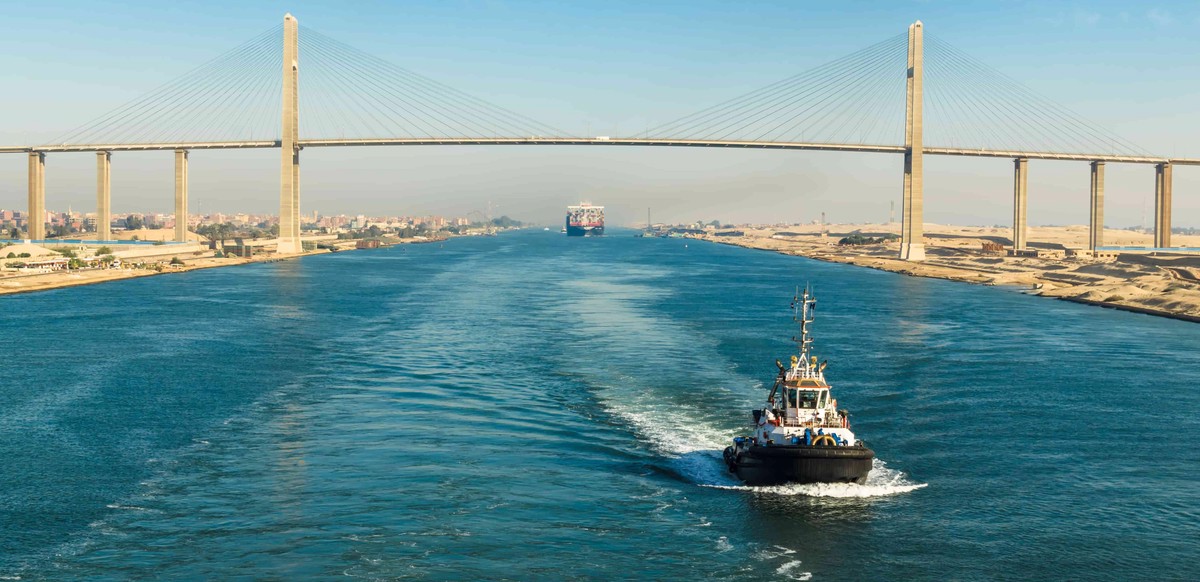 PHOTO: Vessel passing through Suez Canal, Egypt. Getty Images
PHOTO: Vessel passing through Suez Canal, Egypt. Getty Images
The number of daily transits could decrease further in the coming months, as ships will now be required to obtain a permit from Houthi-controlled Maritime Affairs Authority before entering Yemeni territorial waters, according to Reuters.
The rule may affect ships passing through the Bab el-Mandeb Strait, which connects the Red Sea to the Gulf of Aden and the Indian Ocean. The entire strait itself is considered an international waterway, but Yemen has control over its coastline on the Arabian Peninsula. Northbound ships arriving from the Indian Ocean cross the strait to reach the Red Sea, then enter the Mediterranean via the Suez Canal. Similarly, ships bound for the Indian Ocean also pass through the waterway.
“[We] are ready to assist requests for permits and identify ships with the Yemeni Navy, and we confirm this is out of concern for their safety,” Reuters reported last week, citing Houthi’s telecommunications minister, Misfer Al-Numair.
Red Sea disruption hurts vessel traffic
Yemen's Houthi rebel group has been targeting commercial ships in the southern Red Sea and the Bab el-Mandeb Strait between Yemen and East Africa since last November. Since then, at least 50 container ships have encountered missile strikes, near misses, or threats from the Houthis during this period, according to marine risk management firm Ambrey.
There was a significant decline in the number of container ships traversing the Suez Canal route following the initial attacks. The number is now below the lowest recorded daily transit of 30 vessels/day recorded in October, which marked the lowest figure since February 2023, IMF's PortWatch shows.
The average number of cargo vessels transiting the Suez Canal has declined from around 50 vessels per day in October and November to 33 in January, with the number dropping further to 25 in February, PortWatch data shows. Daily transits via the Suez Canal have been steady over the previous month, averaging at 25 vessels/day so far in March.
Alternatively, cargo transit calls from the longer route around the Cape of Good Hope have seen an increase, rising from an average of around 38 vessels per day in October and November to 52 vessels per day in January, 64 in February, and peaking at an average of 70 vessels per day in March so far.
By Konica Bhatt
Please get in touch with comments or additional info to news@engine.online

Contact our Experts
With 50+ traders in 12 offices around the world, our team is available 24/7 to support you in your energy procurement needs.

